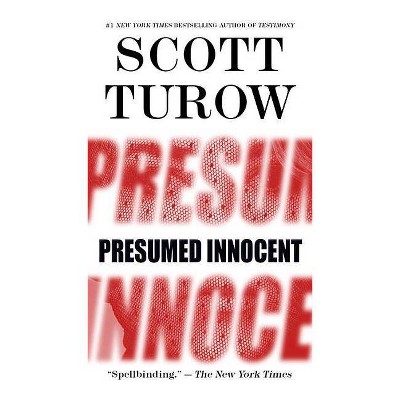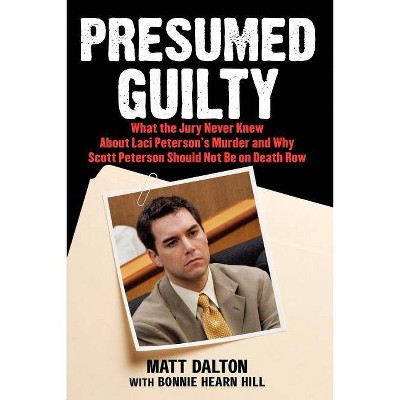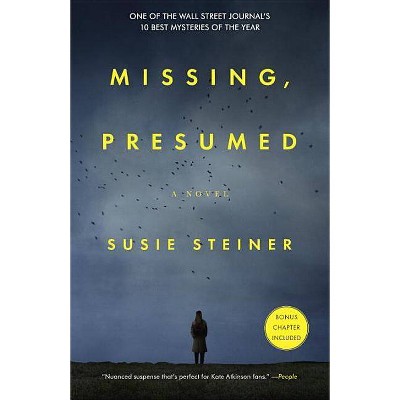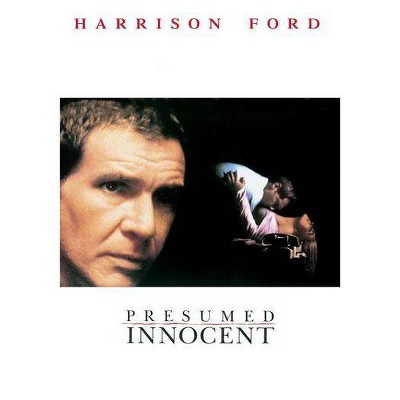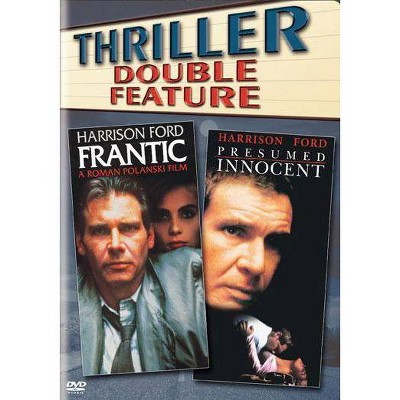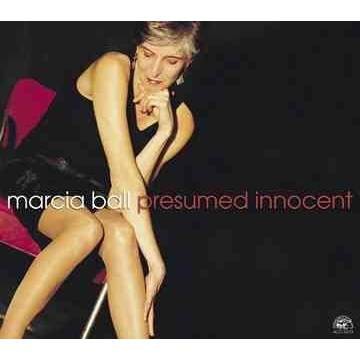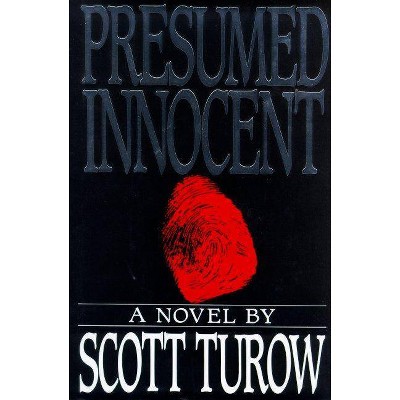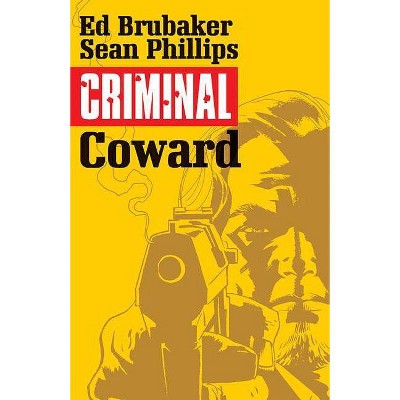Presumed Criminal - by Carl Suddler (Paperback)
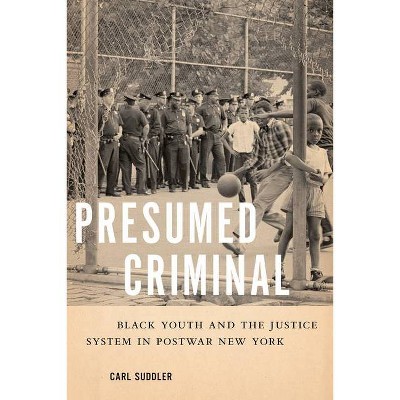
Similar Products
Products of same category from the store
AllProduct info
<p/><br></br><p><b> Book Synopsis </b></p></br></br><p><b>A startling examination of the deliberate criminalization of black youths from the 1930s to today</b> <p/>A stark disparity exists between black and white youth experiences in the justice system today. Black youths are perceived to be older and less innocent than their white peers. When it comes to incarceration, race trumps class, and even as black youths articulate their own experiences with carceral authorities, many Americans remain surprised by the inequalities they continue to endure. In this revealing book, Carl Suddler brings to light a much longer history of the policies and strategies that tethered the lives of black youths to the justice system indefinitely. <p/>The criminalization of black youth is inseparable from its racialized origins. In the mid-twentieth century, the United States justice system began to focus on punishment, rather than rehabilitation. By the time the federal government began to address the issue of juvenile delinquency, the juvenile justice system shifted its priorities from saving delinquent youth to purely controlling crime, and black teens bore the brunt of the transition. <p/>In New York City, increased state surveillance of predominantly black communities compounded arrest rates during the post-World War II period, providing justification for tough-on-crime policies. Questionable police practices, like stop-and-frisk, combined with media sensationalism, cemented the belief that black youth were the primary cause for concern. Even before the War on Crime, the stakes were clear: race would continue to be the crucial determinant in American notions of crime and delinquency, and black youths condemned with a stigma of criminality would continue to confront the overwhelming power of the state.</p><p/><br></br><p><b> Review Quotes </b></p></br></br><br>A convincing, impressive book. Suddler bobs and weaves from discussing police actions to talking about the political, social, and media narratives that helped shape police logics and behavior. Along the way, he also explores how juvenile courts, jails, and other parts of the New York criminal punishment system also shaped Black kids' experiences and constructed and 'reinforced a good kid/bad kid binary' in which race was 'the focus of youth criminality' ... The history Suddler tells here speaks some urgent truths not just about the history of racialized punishment in America but also about the treatment of Black children and young adults by law enforcement officers and other unofficial but legally sanctioned agents of violence today-- "The Journal of African American History"<br><br>A timely and critically important origins story of how black youth became over-policed and under-protected in one of the most liberal cities in America. They were victims of institutional racism and an increasingly hostile police force that refused to protect their right to protest and organize for racial justice. Young people's bitter awakening to racial consciousness at the end of a<b> </b>police baton is, as Carl Suddler skillfully shows, the starting point for understanding why stop-and-frisk first made its debut in New York City over a half-century ago.--Khalil Gibran Muhammad, author of The Condemnation of Blackness<br><br>For anyone looking to understand the historical roots of our contemporary regime of racialized youth criminalization, Carl Suddler's Presumed Criminal will be essential reading ... his examination casts an important lens into the construction of an enduring racist juvenile justice system which persists today.-- "Gotham: A Blog for New York City History"<br><br>In this powerful, timely, and deeply unsettling recovery of America's criminal justice past, Suddler shines vital new light on the present. By brilliantly revealing the nation's postwar effort to deal with troubled young people more humanely, this book forces us to face the extent to which the presumption of black criminality utterly undermined that effort and thereafter ensured that black boys and girls would forever be ensnared in a fundamentally unjust juvenile justice system.--Heather Ann Thompson, Pulitzer Prize-winning author of Blood in the Water<br><br>Provides a direct historical context not only to understand mass incarceration but particularly the anti-black violence against black youth and the BlackLivesMatter movement.--Shannon King, author of Whose Harlem Is This, Anyway?<br><br>Suddler avoids jargon, so the narrative is accessible; the details in the book will provide starting points for many research papers. This is a book for those interested in law enforcement, New York City, African American studies, masculinity studies, late 20th-century US history, and, sadly, current events.--Choice<br><br>Suddler does an excellent job of illustrating the struggles black youth faced in New York City in the early to mid-20th century. His effective way of contextualizing the atmosphere of that time gives the reader a vivid look into everyday struggles that the black community faced.-- "Journal of Youth and Adolescence"<br><br>The great value of this work is not only its rich historical analysis, but that this subject, this history, speaks so clearly and directly to the experiences of black youth today.--Hasan Kwame Jeffries, author of Bloody Lowndes<br><p/><br></br><p><b> About the Author </b></p></br></br>Carl Suddler is Assistant Professor of History at Emory University.
Price History
Price Archive shows prices from various stores, lets you see history and find the cheapest. There is no actual sale on the website. For all support, inquiry and suggestion messagescommunication@pricearchive.us
